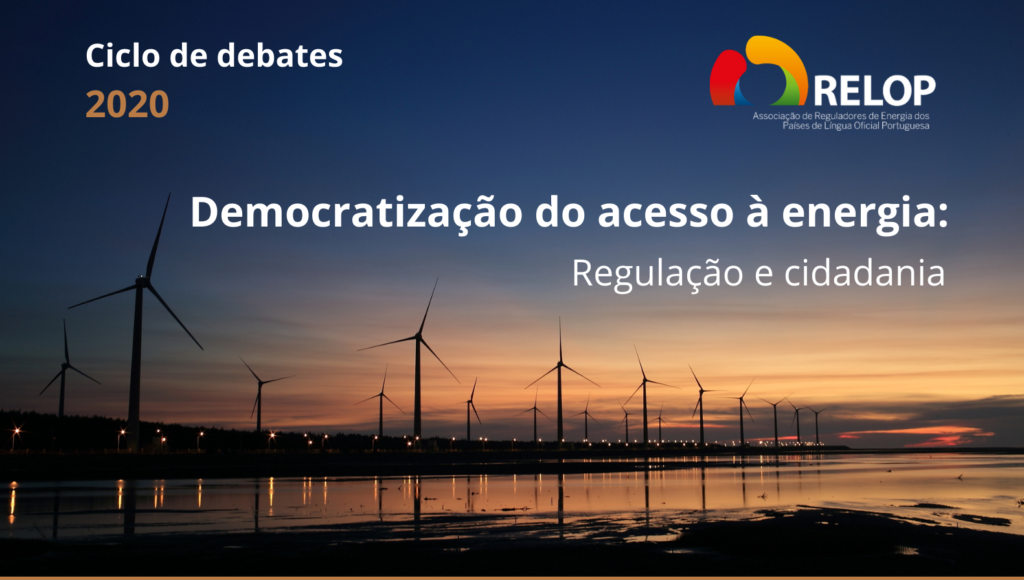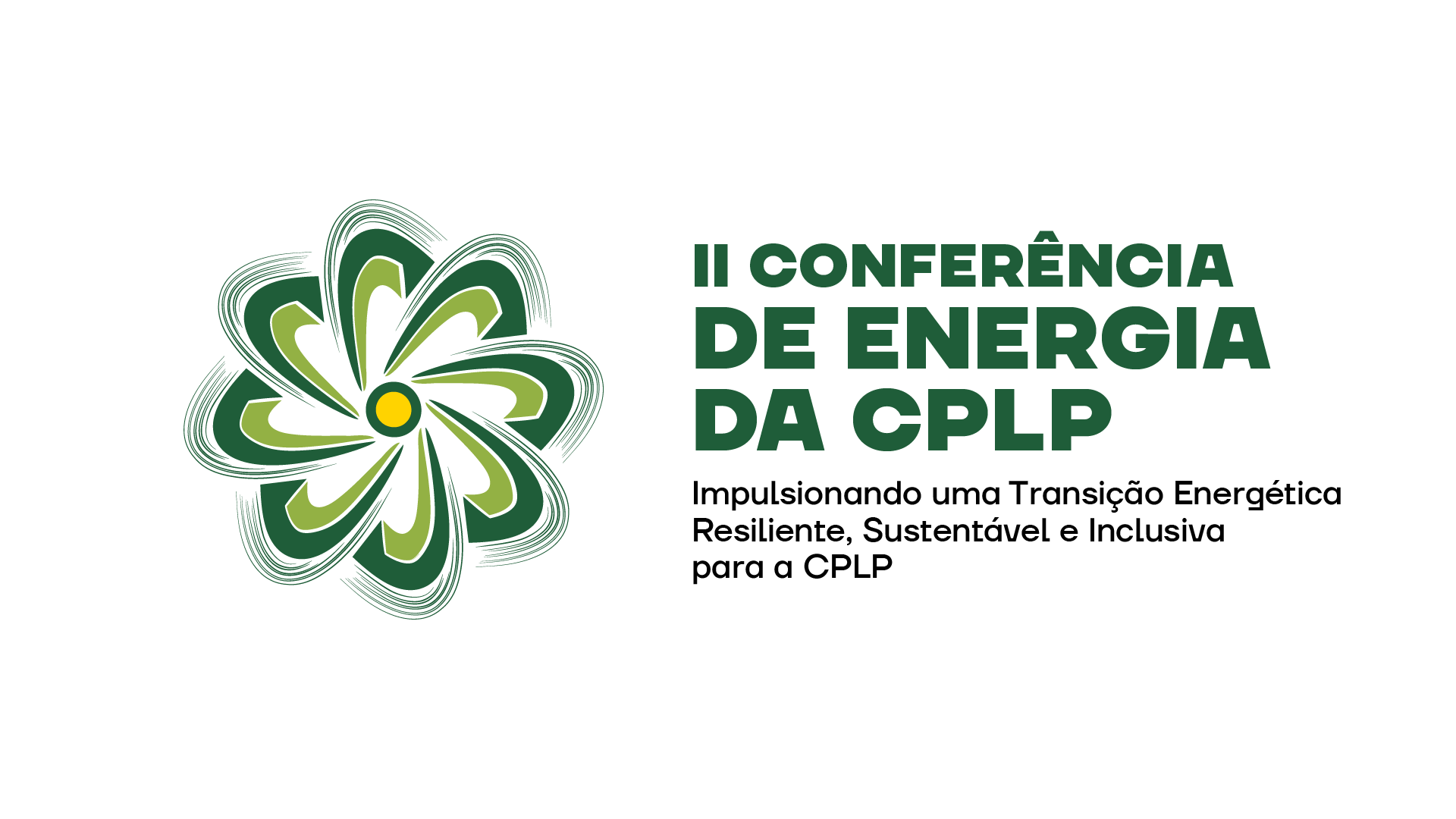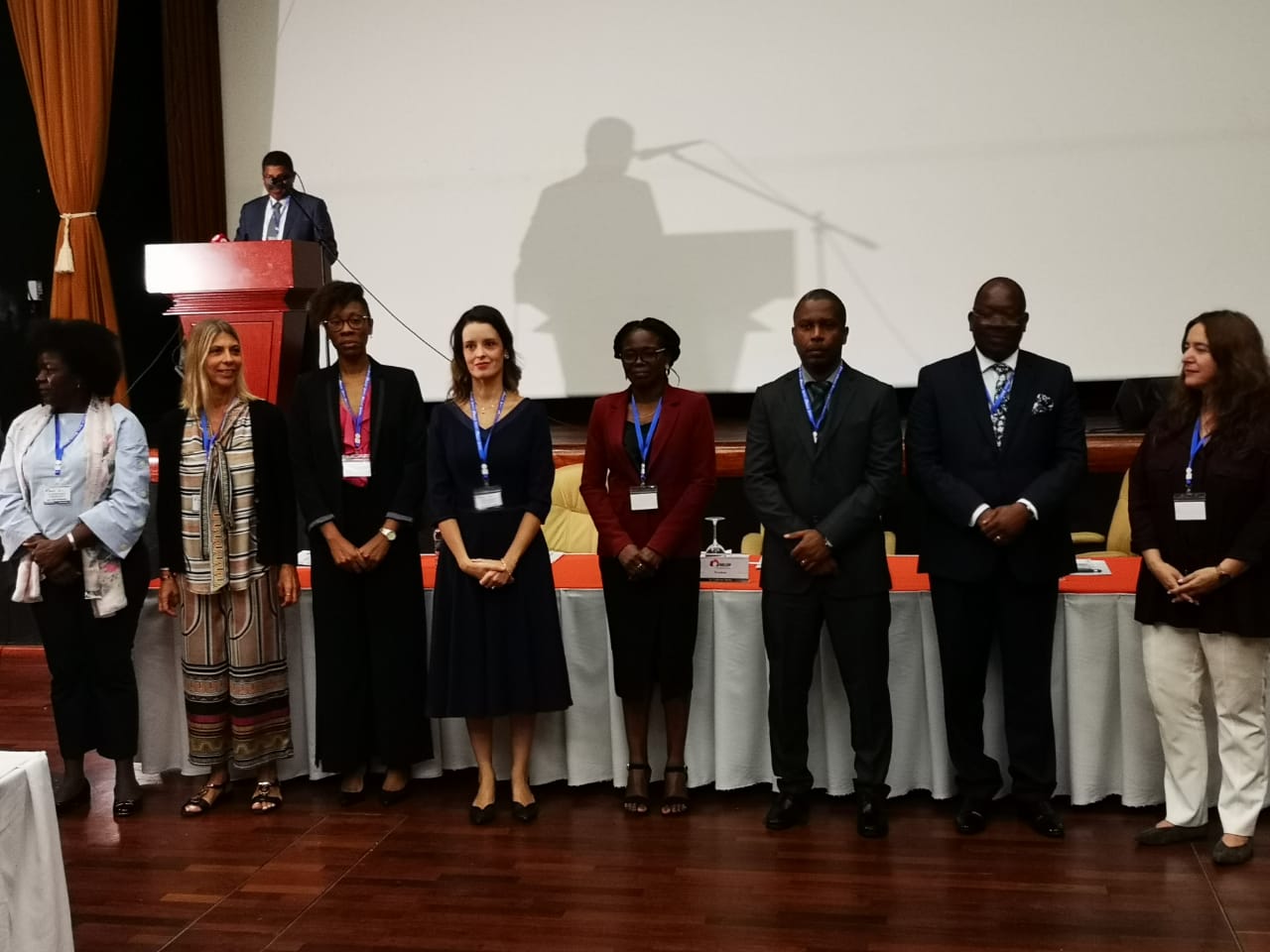Session II: Opportunities and Challenges for the Regulation of Fuels
The second session of the I RELOP Cycle of Debates took place on the 29th October 2020, dedicated to the “Opportunities and Challenges for the Regulations of Fuels”. The topics debated were:
- the current challenges in the international fuel market;
- analysis of its repercussions in the production and regulation of fuels;
- the future of the role of fuels and natural gas in the energy transition;
- the management of the security reserves: the portuguese case.
The session was moderated by Dr. Olegário Tiny, Vice-President of RELOP and President of Agência Nacional do Petróleo of São Tomé and Príncipe. The average interest rate was 89% and 76 people participated in the session.
Current challenges in the international fuel market
Intervention summary:
- Discussion of the current challenges in the international fuel market and its repercussions on the short, medium and long term production and regulation of fuels.
- Contextualization of the oil price fluctuations in international markets, following the widespread confinement and the shut-down of a significant part of the industry, caused by the Covid-19 pandemic.
Future role of fuels and natural gas in the energy transition

Adriano Pires (PT)
Sócio Fundador e Diretor do Centro Brasileiro de Infraestrutura
Intervention summary:
- Analysis of the role of fuels and natural gas in the energy transition, through the increased penetration of renewables in the energy sector.
- Discussion of possible future scenarios for the transition and for fossil fuels in the current context of the global health crisis, with significant effects on the global economy, considering the estimated investment in fossil fuels and renewable energy.
Management of security reserves in Portugal
Intervention summary:
- Analysis of the management of security fuel reserves in Portugal, through the legal framework of the activity and the exposure of innovative solutions implemented in the Portuguese case.
- Some innovative developments include the creation of a one-stop shop that brings together all authorities in the Portuguese energy sector, reducing costs for operators and allowing administrative activities to be carried out in a simplified manner.
- It is also worth mentioning the creation of an Intervention Plan and the Use of Security Reserves, intended for a quick and efficient response in crisis situations.




